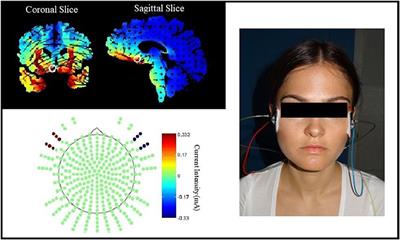EDITORIAL
Published on 08 Feb 2019
Editorial: Brain Stimulation and Behavioral Change
doi 10.3389/fnbeh.2019.00020
- 2,924 views
- 4 citations
25k
Total downloads
131k
Total views and downloads
Select the journal/section where you want your idea to be submitted:
EDITORIAL
Published on 08 Feb 2019
REVIEW
Published on 18 Jan 2019
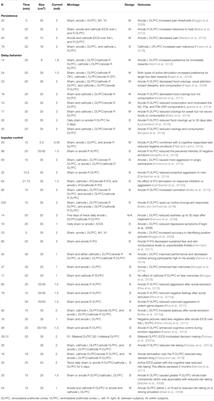
ORIGINAL RESEARCH
Published on 29 Oct 2018
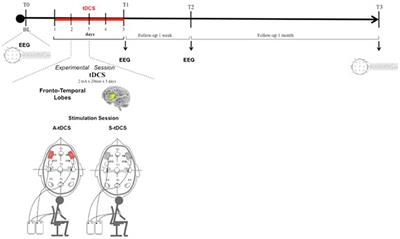
CASE REPORT
Published on 24 Aug 2018
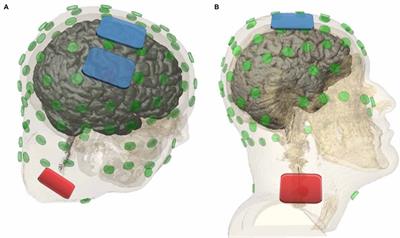
REVIEW
Published on 02 Aug 2018

REVIEW
Published on 31 Jul 2018
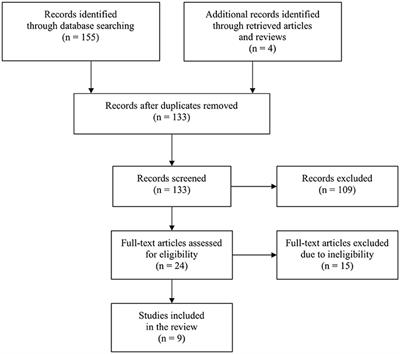
ORIGINAL RESEARCH
Published on 20 Jul 2018
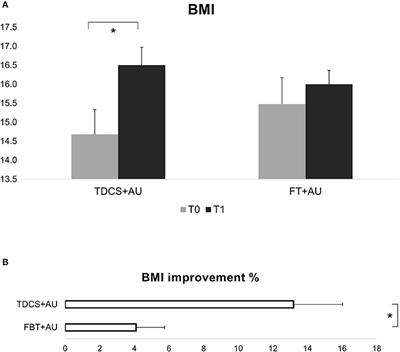
ORIGINAL RESEARCH
Published on 29 May 2018
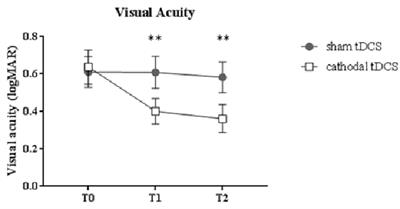
REVIEW
Published on 28 May 2018
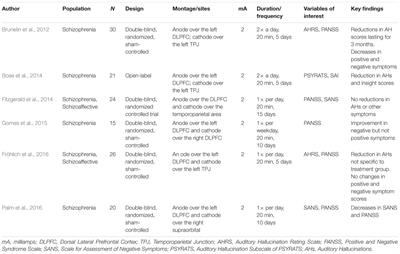
ORIGINAL RESEARCH
Published on 22 May 2018
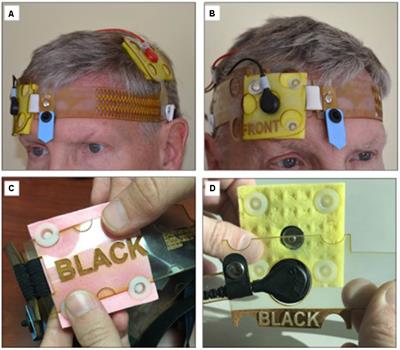
ORIGINAL RESEARCH
Published on 09 May 2018

ORIGINAL RESEARCH
Published on 25 Apr 2018
